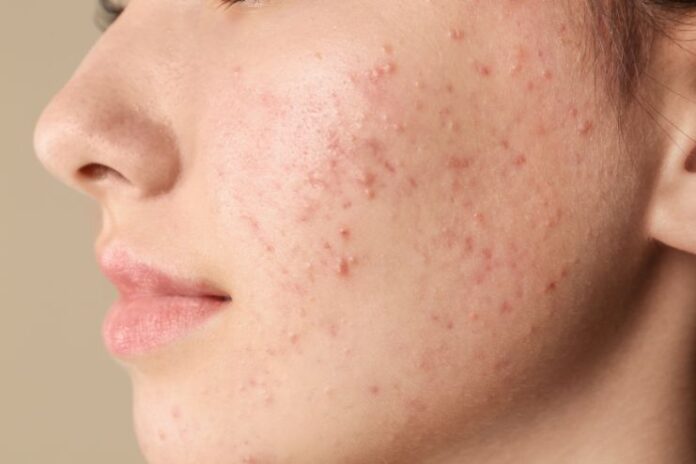Although acne may come and go, its scars often linger, an unwelcome reminder of a battle you thought you had already won. If you’ve tried countless lotions, pricey serums, or filters to conceal those stubborn marks, you’re not alone. Dealing with acne scars can be emotionally draining and undermine your confidence, no matter your age or skin type.
The good news? You don’t need to empty your wallet or rely solely on chemical-laden treatments to see noticeable improvements. Nature offers powerful skin-healing remedies, likely already in your kitchen or bathroom cupboard.
In this article, we’ll explore eight safe, natural ways to gradually reduce acne scars. Prepare to rediscover glowing, confident skin—with a little help from nature.
Read More: Acne Scars 101: How to Treat Different Types of Scars Effectively
What is an Acne Scar?
Acne scars form when inflamed acne lesions damage the skin. Typically, acne develops when clogged pores, filled with excess oil, dead skin cells, and bacteria, swell and rupture. If the rupture is shallow, the skin usually heals quickly. But if the rupture is deep, the infected material can spill into surrounding tissue, triggering a more intense healing response.
To repair this damage, the skin produces collagen, a structural protein. When too little collagen is produced, it results in depressed scars. Too much collagen leads to raised scars—a sign of overzealous healing.
According to the American Academy of Dermatology (AAD), nearly 80% of people aged 11–30 experience acne at some point. While hormones are a major trigger during adolescence, stress, environment, cosmetics, diet, and even certain medications like birth control pills can contribute to adult acne.
Causes of Acne Scars
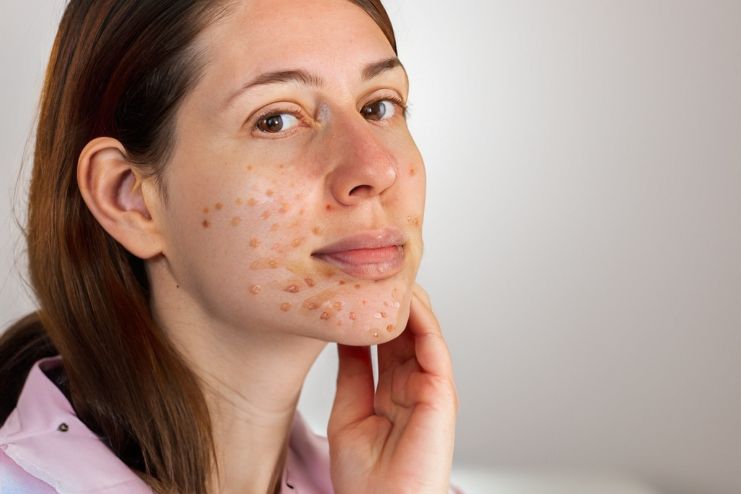
The skin—your body’s largest organ—has three layers: the epidermis, dermis, and hypodermis. Acne most commonly appears on the face, back, and chest, where oil glands are more active.
When a blemish becomes inflamed and the pore wall breaks, the skin attempts to heal the wound with new collagen fibers. Sometimes, the result is less than perfect.
There are two major types of acne scars:
- Atrophic (Depressed): Caused by loss of tissue. Common types include icepick, boxcar, and rolling scars.
- Hypertrophic (Raised): Caused by excess collagen. Often seen on the chest and back.
“Scars are part of the skin’s natural healing process. But if you treat acne early—before it becomes inflamed, you can greatly reduce your risk of scarring.”
— Dr. Sandra Lee (Dr. Pimple Popper)
Read More: Say Goodbye to Acne and Fade Scars with These 4 Home Remedies
Home Remedies for Acne Scars
These natural remedies are favored not just at home, but even in spas and skin clinics for their soothing, regenerative properties.
1. Aloe Vera Gel

Aloe vera has anti-inflammatory and antimicrobial properties that reduce redness and promote healing.
Apply the fresh gel from a cut aloe leaf directly to scars twice a day. It’s soothing and also helps tighten sagging skin.
2. Apple Cider Vinegar

ACV gently exfoliates and resurfaces the skin while fighting acne-causing bacteria.
Mix 1 part ACV, 1 part water, and a teaspoon of honey. Apply with a cotton ball, leave on for 15–30 minutes, then rinse. Avoid if you have sensitive skin.
Read More: Is Your Diet Causing Acne? 10 Foods to Cut Back On (and What to Eat Instead)
3. Rosehip Seed Oil
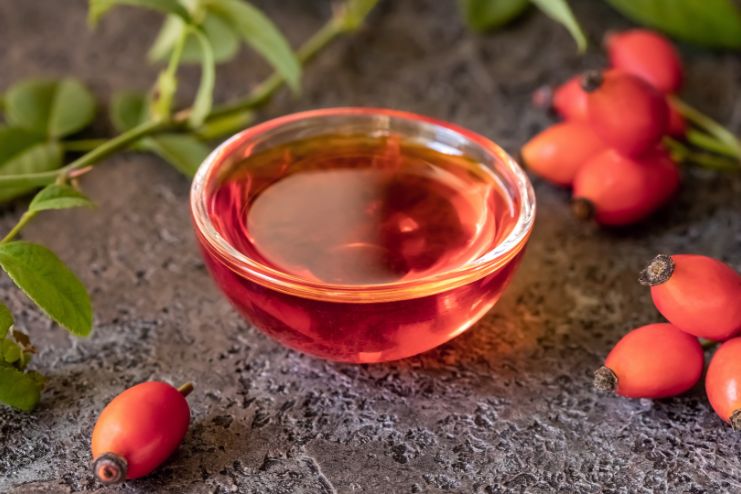
Known for its regenerative and brightening effects, rosehip seed oil is a favorite for fading pigmentation.
Massage a few drops onto scars twice a day. It’s rich in vitamin A (retinoid) and omega fatty acids.
4. Lemon Juice
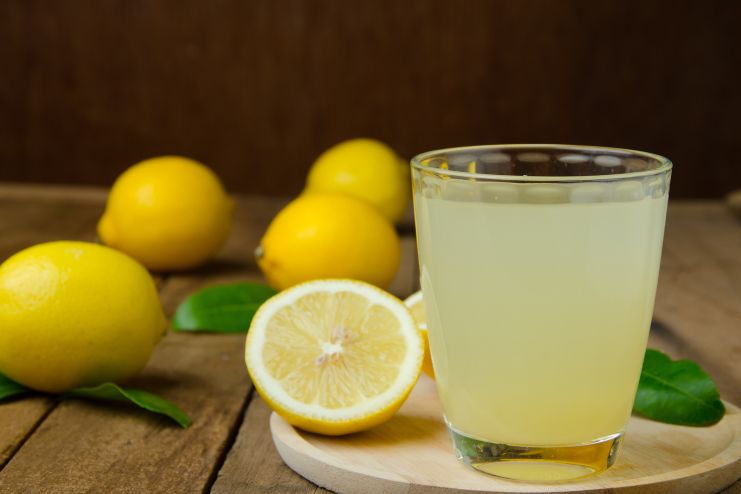
Lemon juice contains alpha hydroxy acids (AHAs) that promote exfoliation and collagen renewal.
Dab on freshly squeezed lemon juice. Let it sit for 10–15 minutes, then rinse. Always apply sunscreen after using lemon, as it increases sun sensitivity.
5. Honey

A natural humectant and antimicrobial agent, honey encourages skin regeneration and helps prevent infection.
Apply raw honey to scars overnight or mix 2 tablespoons with 2 crushed aspirin tablets for an anti-inflammatory mask.
Read More: Fungal Acne vs. Bacterial Acne: Spot the Difference and Treat Effectively
6. Coconut Oil

Rich in vitamin E and essential fatty acids, coconut oil supports skin healing.
Massage cold-pressed coconut oil onto scars daily. Avoid if you have oily or acne-prone skin, as it may clog pores.
7. Turmeric
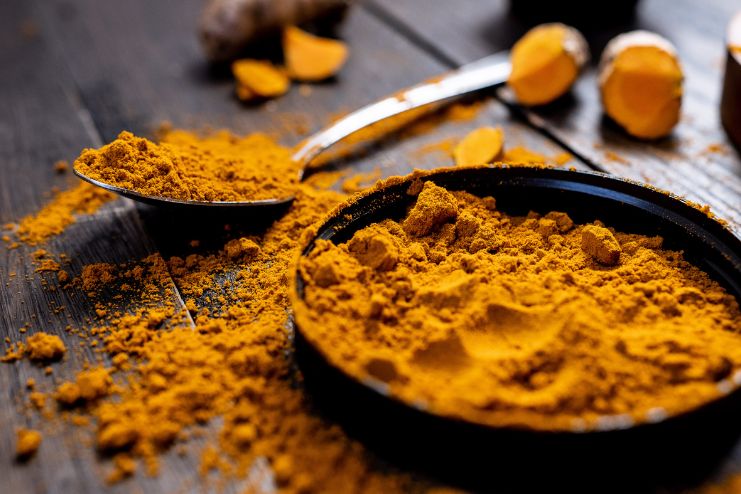
Turmeric’s curcumin content reduces inflammation and fades scars.
Mix turmeric powder with honey and yogurt. Apply to scars for 15–20 minutes, then rinse. Use 2–3 times a week.
8. Olive Oil

Olive oil is loaded with antioxidants and vitamins that repair and nourish damaged skin.
Gently massage into the skin before bedtime to improve elasticity and reduce pigmentation.
Read More: Skincare Mistakes That Make Acne Worse (And How to Avoid Them)
How to Remove Pimple Marks Overnight
While overnight results are often unrealistic, you can significantly reduce the appearance of marks with consistent care and expert-approved steps:
- Cleanse twice daily using a mild face wash to eliminate excess oil, dirt, and sweat.
- Use non-comedogenic sunscreen with SPF 30+ to prevent darkening of marks due to UV rays.
- Avoid picking or popping pimples, as this increases inflammation and the chance of scarring.
- Hydrate well—drink plenty of water and eat antioxidant-rich foods.
- Limit makeup use, especially heavy or oil-based products, and remove all makeup before bed.
When to See a Dermatologist
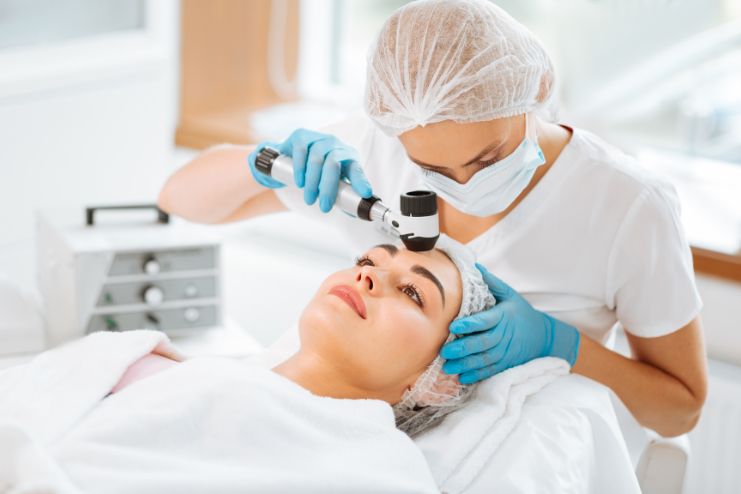
While natural remedies work well for mild scars, deep, pitted, or persistent scars often require professional care.
Seek medical advice if:
- Scars worsen or show signs of infection.
- You experience ongoing redness or skin thinning.
- Home remedies show no improvement after 3–4 months.
Professional treatments include:
- Chemical peels
- Laser therapy
- Microneedling
- Dermal fillers
These procedures, guided by dermatologists, can dramatically improve skin tone and texture.
Read More: 12 Ways To Use Castor Oil For Acne And Better Skin
Conclusion
With consistency, patience, and the right natural remedies, it’s entirely possible to fade acne scars at home. Just as acne didn’t appear overnight, healing takes time. But with regular care, your skin will become clearer, healthier, and more radiant.
Remember: nature offers powerful healing ingredients, and choosing gentle, chemical-free methods is a sustainable way to care for your skin.
Start your journey today. Let nature work its subtle magic. You deserve skin that feels as good as it looks.
References
- https://www.webmd.com/skin-problems-and-treatments/acne/guide-to-treating-acne-scars-and-skin-damage
- https://my.clevelandclinic.org/health/diseases/21222-acne-scars
- https://www.aad.org/public/diseases/acne/derm-treat/scars
- https://www.asds.net/skin-experts/skin-conditions/acne-scars
- https://www.verywellhealth.com/what-causes-acne-scars-15517
- https://qaziclinic.com/resources/naturally-remove-acne-scars/
- https://www.stratumclinics.com/natural-acne-scar-treatment-can-i-get-rid-of-acne-scars-naturally/
- https://www.centurymedicaldental.com/5-tips-by-physicians-on-how-to-remove-pimples-and-pimple-marks/
- https://www.zurichkotak.com/knowledge-center/health-insurance/bid-farewell-to-pimple-marks-one-day-home-remedies-for-clearer-skin
In this Article















